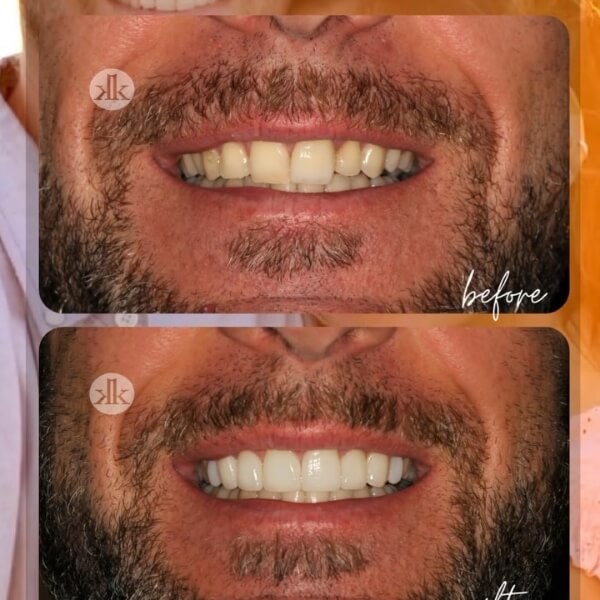Getting a good night’s sleep can be difficult for some people, especially for those who struggle with sleep apnea. Sleep apnea is most often caused by a person having a narrow airway that collapses during sleep. This condition not only disrupts your partner’s sleep, but it can also affect your health if not treated right away. There are many types of sleep apnea and several ways to detect this issue before it becomes more of a problem for you and the person lying next to you.
What Is Sleep Apnea?
According to the National Sleep Foundation, sleep apnea is a serious condition that affects more than 10 million people in the United States. This issue happens when a person’s breathing is repeatedly interrupted for approximately 10 seconds during sleep. One of the most common types of sleep apnea is obstructive sleep apnea (OSA). OSA is when the muscles in the back of a patient’s mouth are too relaxed and fail to keep the airway open. Sleep apnea is a result of a narrow airway and can affect people of all ages. This condition should be addressed immediately.
Causes and Symptoms
Sleep apnea can be the result of many different factors, such as age, genetics, nasal congestion, and smoking. For adults, the most common cause of sleep apnea is being overweight. This is due to excess fat surrounding the upper airway, which obstructs breathing. For younger patients, sleep apnea is often the result of enlarged tonsils, adenoids (the soft tissue behind the nasal cavity), or dental conditions like an overbite. You may have sleep apnea if you find yourself struggling with one or more of the following symptoms:
- Loud snoring
- Gasping for air while you sleep
- Trouble concentrating
- Dry mouth
- Insomnia
- Morning headaches
- Feeling tired after a full night’s sleep
Treatments
Mandibular Advancement Device
Sleep apnea can be treated using many different methods. One way to treat sleep apnea is using a mandibular advancement device given to you by your dentist. This dental device looks like a regular retainer and works by pushing the tongue forward so your airway is not blocked. This option is also beneficial for those who would prefer to wear a mouthpiece instead of a CPAP (continuous positive airway pressure) mask while they sleep.
Weight Loss
While CPAP masks and mandibular advancement devices are great ways to treat sleep apnea, they only offer temporary results. If you are overweight and would like to cure your sleep apnea, the best thing to do is lose weight and stick to a strict diet and exercise routine. Losing weight can help your breathing cycle and eventually minimize snoring.
Sleeping Therapy
Sometimes the position you sleep in can affect your breathing. Those who are accustomed to sleeping on their back may find themselves struggling with sleep apnea because their current sleeping position is blocking their airway. Sleeping on your side can help minimize airway blockage and reduce your chances of developing sleep apnea.
To learn more about sleep apnea, please contact La Jolla Cosmetic Dentistry and Orthodontics at (858) 295-0603.









